I'm a beginner for C++ and I saw the post here. However, it is very unclear for me what is the benefit of dynamic array.
One advantage is that one can change the length of a dynamic array, here is the code
int *p = new int[10];
// when run out of the memory, we can resize
int *temp = new int[20];
copy(p, temp); // copy every element from p to temp
delete[] p; // delete the old array
p = temp;
temp = nullptr;
Above is for dynamic allocation, it says the array will be on the heap, and need to manually delete it. However, why not use the static array as follow
int array1[10];
int *p = array1;
// when run out of the memory, we can resize
int array2[20];
copy(array1, array2); // copy every elements from array1 to array2;
p = array2;
In this code, we don't need to delete the array1 since it is on the stack area. Here are my question:
what is the benefit of the dynamic array? It seems for me, resizing is not a big issue. People always say the size of static array are fixed, the size of dynamic array is not fixed. Why the size of dynamic array is not fixed. for example, int p=new int[10], the size of p is fixed.
Thanks a lot.
